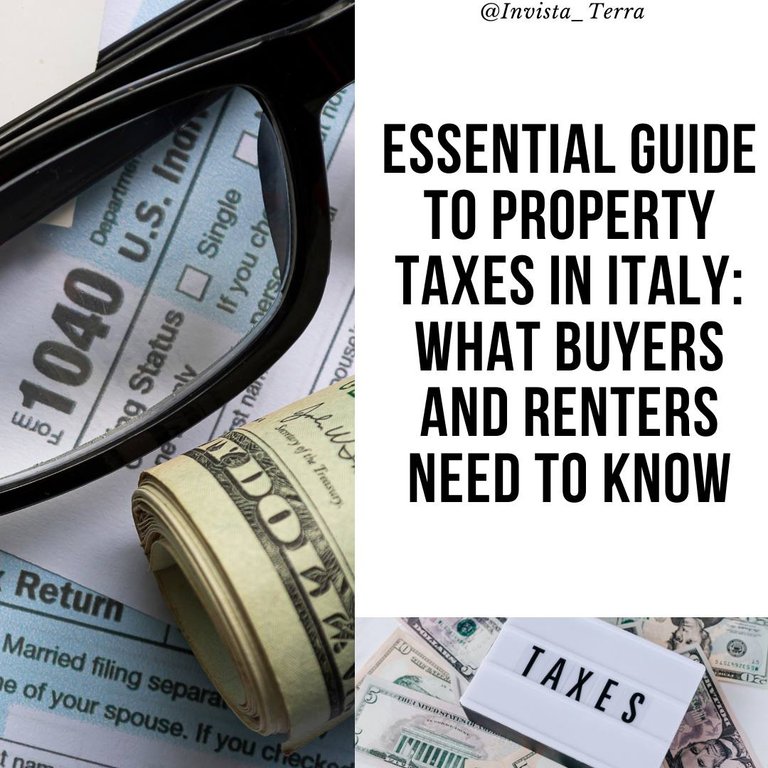
When purchasing real estate in Italy, buyers face several tax obligations, which vary depending on the type and purpose of the property. Below are the main taxes:
Registro (Registration Fee)
This tax is levied when registering the property transaction in the land registry. The fee amount depends on the type of property:
2% of the property value — for purchasing the first home (primary residence).
9% — for purchasing a second home (secondary property).
1% — may apply to some properties purchased through special programs for young buyers or based on other favorable conditions.
IVA (VAT)
VAT on real estate purchases in Italy depends on the type of property:
4% — for the first home (an apartment or house in which the buyer will live).
10% — for the second property (secondary apartments or homes).
22% — for commercial real estate or properties for business purposes. VAT applies to new properties that have not been registered or used before. For second-hand properties, only the registration fee is typically charged.
IMU (Property Tax)
IMU is an annual property tax paid by the property owner. The amount depends on various factors, including the location and type of property. For primary residences, the tax may be reduced or waived, but for secondary homes and commercial properties, the IMU can be quite significant.
TASI and TARI
Along with IMU, there are two other property-related taxes:
TASI — tax for local government services (e.g., lighting and other municipal services). The amount depends on the region and may be based on the property size.
TARI — tax for garbage collection. This is also calculated based on the size of the property and the region in which it is located.
Rental Taxes
Renters also need to be aware of taxes and obligations when renting real estate in
Italy, especially if rental income exceeds certain thresholds:
Rental Income Tax — if you rent out property, you must pay tax on rental income. The tax amount depends on the type of rental (e.g., long-term or short-term) and the rental income.
In the case of short-term rentals, such as those listed on platforms like Airbnb, renters are required to pay a tourism rental tax, which can range from 21% to 30%, depending on the region and type of rental.
Utility Costs In addition to taxes, tenants are responsible for paying utility costs, such as water, gas, electricity, and waste collection, as well as other associated property fees. In some cases, the landlord may include utilities in the rental price, but this should be specified in the rental agreement.
Property Tax for Rented Properties
If a tenant occupies a property that is part of a larger complex (e.g., in an apartment building), they may be responsible for paying part of the property tax (IMU) if specified in the rental agreement. It is important to carefully review the rental contract to avoid misunderstandings.
Summary
In conclusion, purchasing or renting real estate in Italy comes with several mandatory taxes for both buyers and renters. The cost of these taxes depends on various factors, such as property type, location, and usage. Understanding these obligations beforehand is key to avoiding surprises and properly budgeting for expenses.
Hello.
There is reasonable evidence that this article is machine-generated.
We would appreciate it if you could avoid publishing AI-generated content (full or partial texts, art, etc.).
Thank you.
Guide: AI-Generated Content = Not Original Content
Hive Guide: Hive 101
If you believe this comment is in error, please contact us in #appeals in Discord.